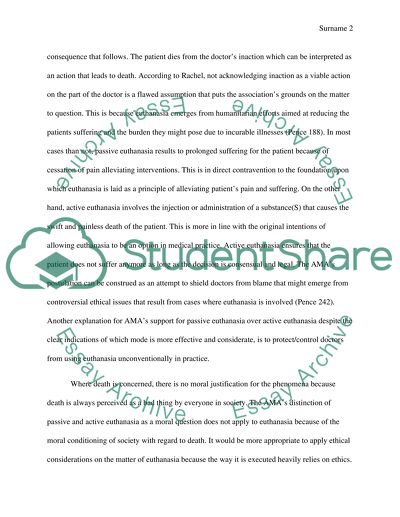Cite this document
(“Biomedical Ethics Essay Example | Topics and Well Written Essays - 750 words”, n.d.)
Retrieved from https://studentshare.org/philosophy/1479407-biomedical-ethics
Retrieved from https://studentshare.org/philosophy/1479407-biomedical-ethics
(Biomedical Ethics Essay Example | Topics and Well Written Essays - 750 Words)
https://studentshare.org/philosophy/1479407-biomedical-ethics.
https://studentshare.org/philosophy/1479407-biomedical-ethics.
“Biomedical Ethics Essay Example | Topics and Well Written Essays - 750 Words”, n.d. https://studentshare.org/philosophy/1479407-biomedical-ethics.


